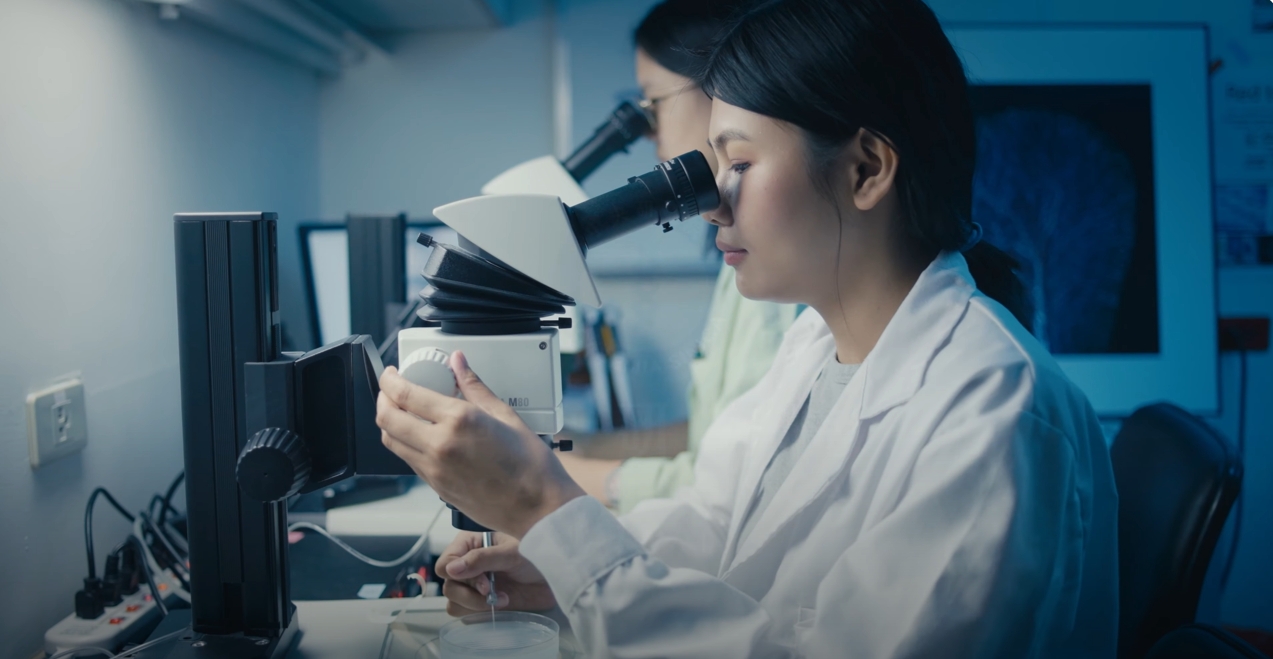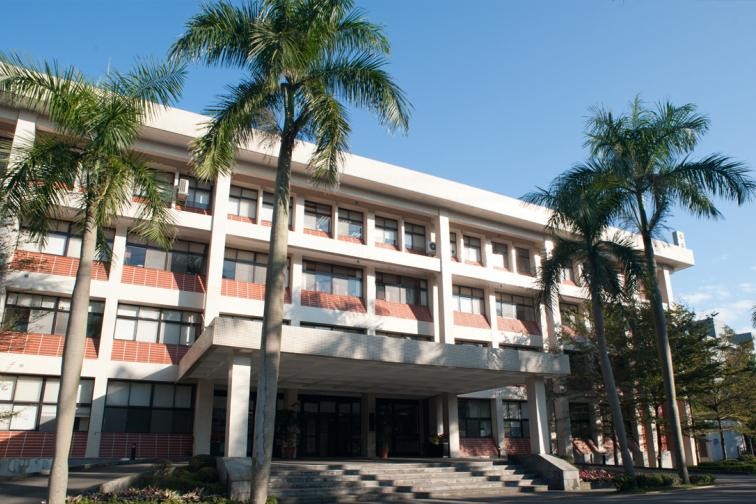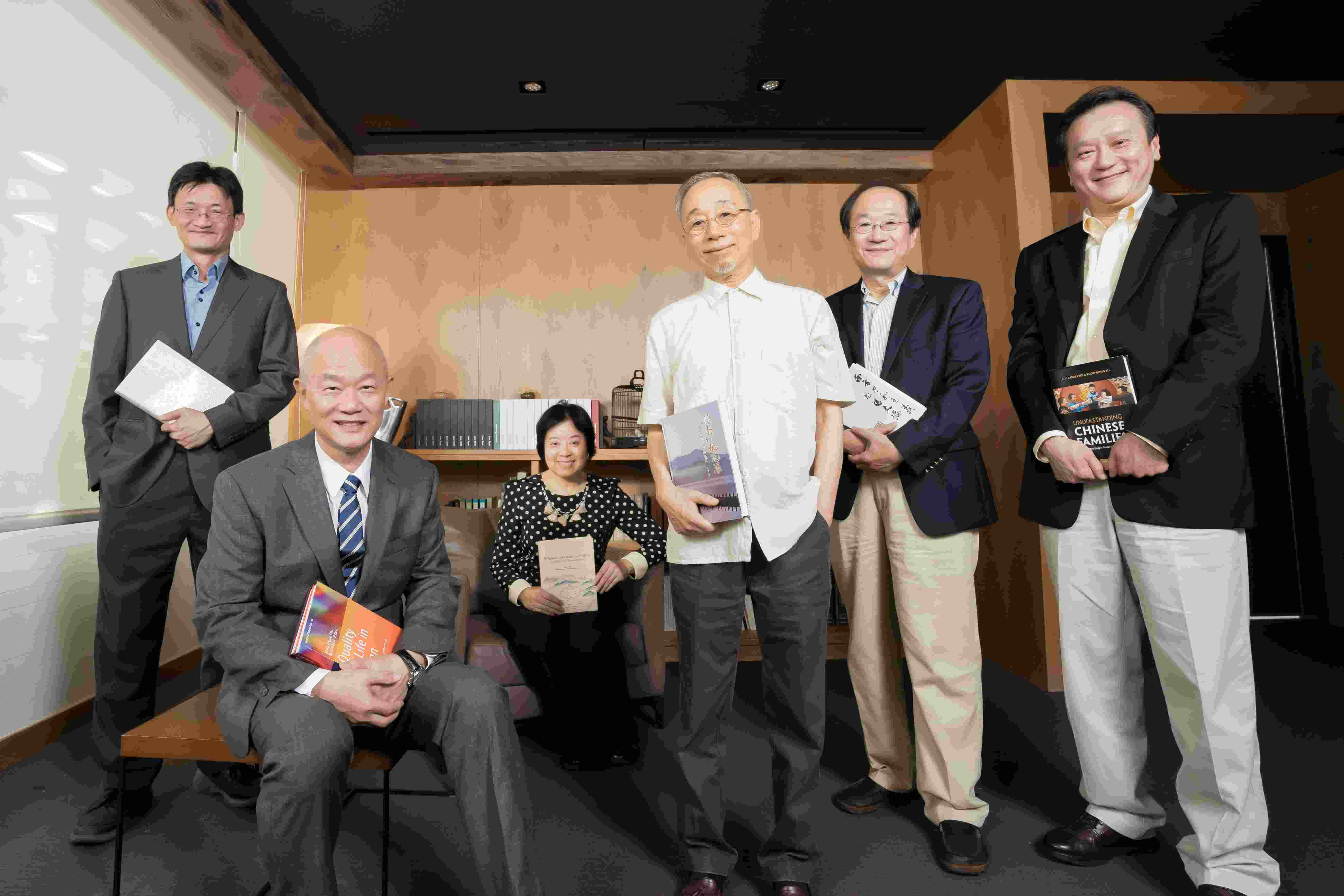- 演講或講座
- 生物醫學科學研究所
- 地點
生醫所地下室B1C演講廳
- 演講人姓名
林明葳 (TIGP-MM Student)
- 活動狀態
確定
- 活動網址
Complex diseases such as asthma, type 2 diabetes (T2D), and hypertension exhibit substantial heterogeneity, driven by a combination of genetic and environmental factors, resulting in diverse clinical presentations and outcomes. Addressing this heterogeneity is crucial for the development of precision medicine. There is a critical need to identify clinically relevant subtypes, or endotypes, of these diseases to enhance precision medicine strategies.
In my thesis, I employed a novel combination of machine learning and genetic epidemiology approaches to tackle this need. Clinically relevant endotypes were identified through unsupervised clustering in the UK Biobank (UKB), using features selected via machine learning algorithms. Genome-wide association studies (GWAS) were then conducted to identify genetic variants associated with each endotype. Potential drug repurposing targets were determined from genes prioritized based on GWAS findings, organized into gene sets following the Anatomical Therapeutic Chemical (ATC) classification system. For precision risk prediction, polygenic risk score (PRS) models were constructed and compared for each endotype, with separate analyses for each disease (asthma, T2D, and hypertension).
As a proof-of-concept, clinically relevant endotypes for metabolic syndrome (MetS) were identified using MetS criteria as clustering features. By reducing the heterogeneity of MetS, we identified endotype-specific genetic traits, which pointed to potential drug repurposing targets. The endotype-specific PRS models demonstrated higher accuracy. These MetS endotypes were further validated in the Taiwan Biobank (TWB).
Building on these findings, we successfully identified distinct endotypes for asthma, T2D, and hypertension through unsupervised clustering, elucidating their clinical implications and potential therapeutic targets. We developed precision risk prediction models for these endotypes, which generally outperformed traditional disease models. This research
highlights the importance of considering endotypes in precision medicine and drug repurposing efforts, especially for diseases with significant genetic influences. Our findings offer valuable insights for tailoring therapies and improving patient outcomes for these chronic conditions. The integration of unsupervised learning and genetic epidemiology in my research has enabled precise risk prediction and the identification of potential precision drug repurposing targets specific to endotypes of complex diseases. This innovative approach significantly advances the field of precision medicine, paving the way for more effective and stratified treatments.
Taiwan International Graduate Program in Molecular Medicine,
National Yang-Ming University and Academia Sinica
Doctoral Dissertation









 首頁
首頁

